P2P vs Double VPN Servers: What’s the Difference?
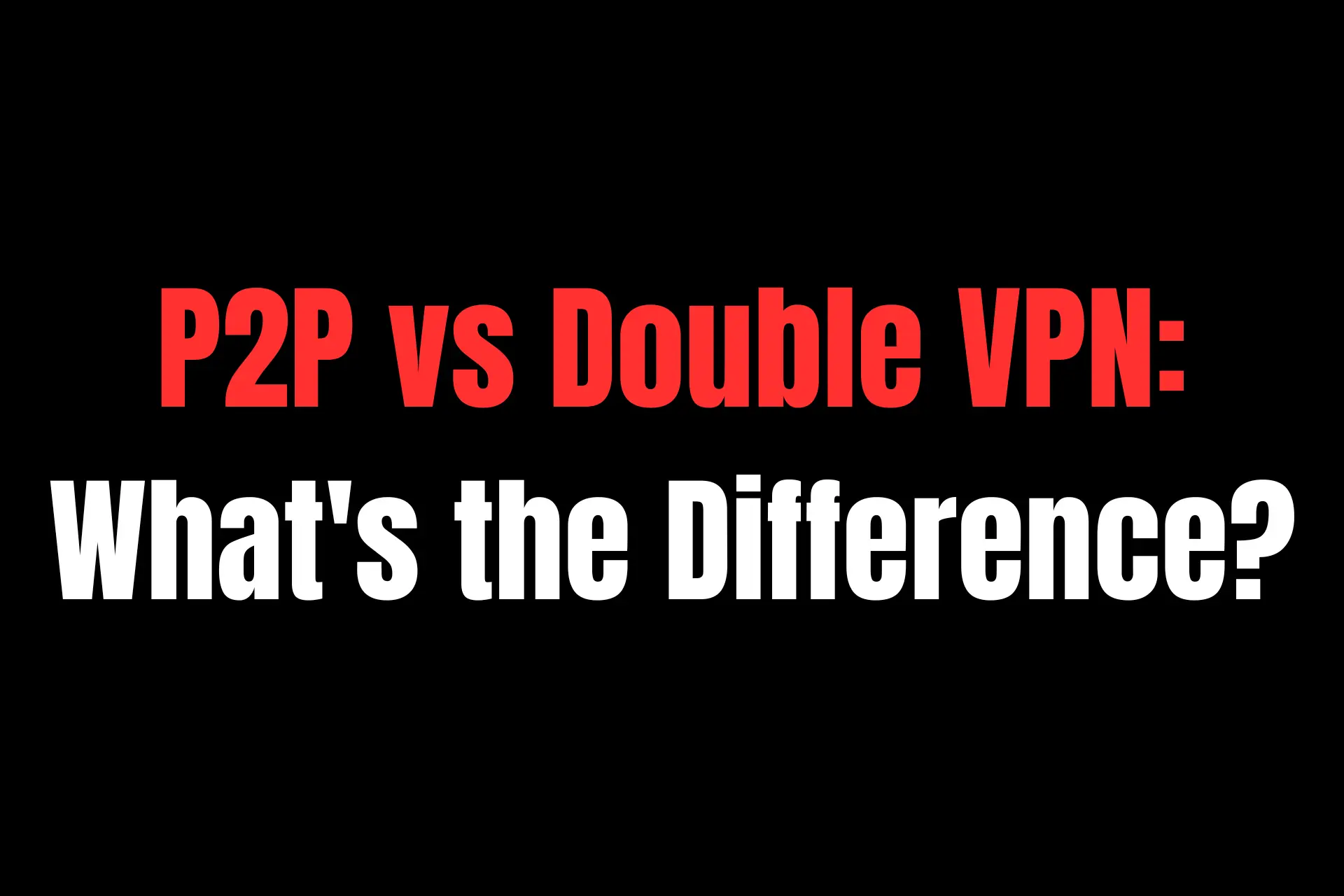
If you’re familiar with VPNs, you’ve probably noticed the server labels “P2P” and “double VPN”. Typically, these designations aren’t available in all server locations.
So, what exactly are they? How do they differ from regular VPN hardware, and what are their use cases?
Let’s find out!
P2P and double VPN – what’s the difference?
The difference between P2P and double VPN servers is that the former specialize in managing P2P connections, whereas the latter are designed to cloak your IP address and encrypt your traffic twice.
Have a look at how your internet traffic would flow through a P2P VPN server.
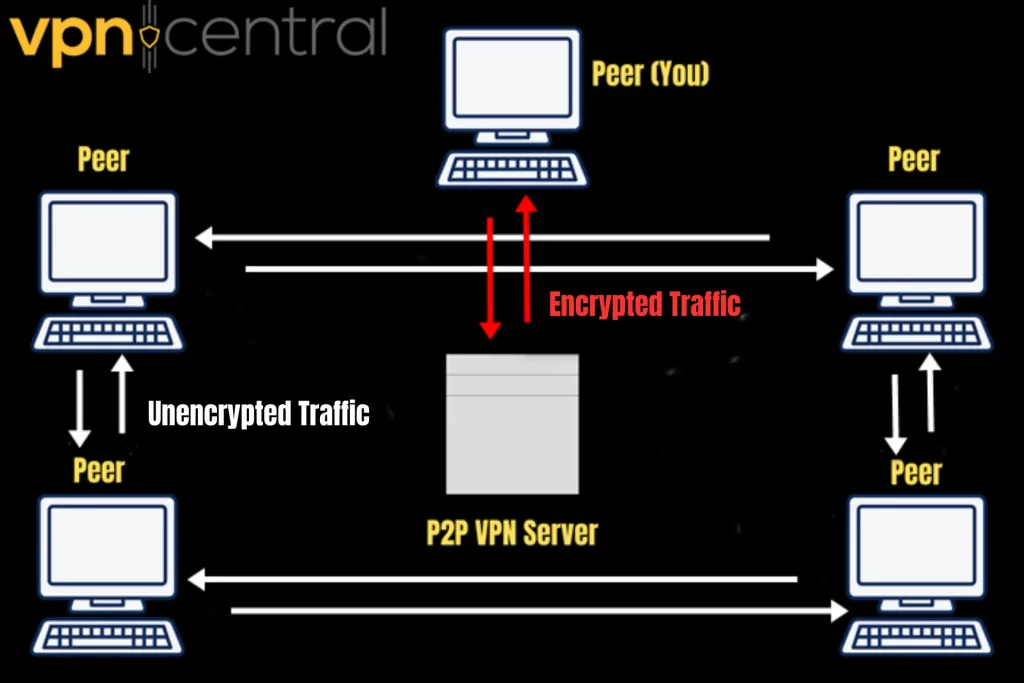
And check out how your data would travel when you connect to a double VPN server.
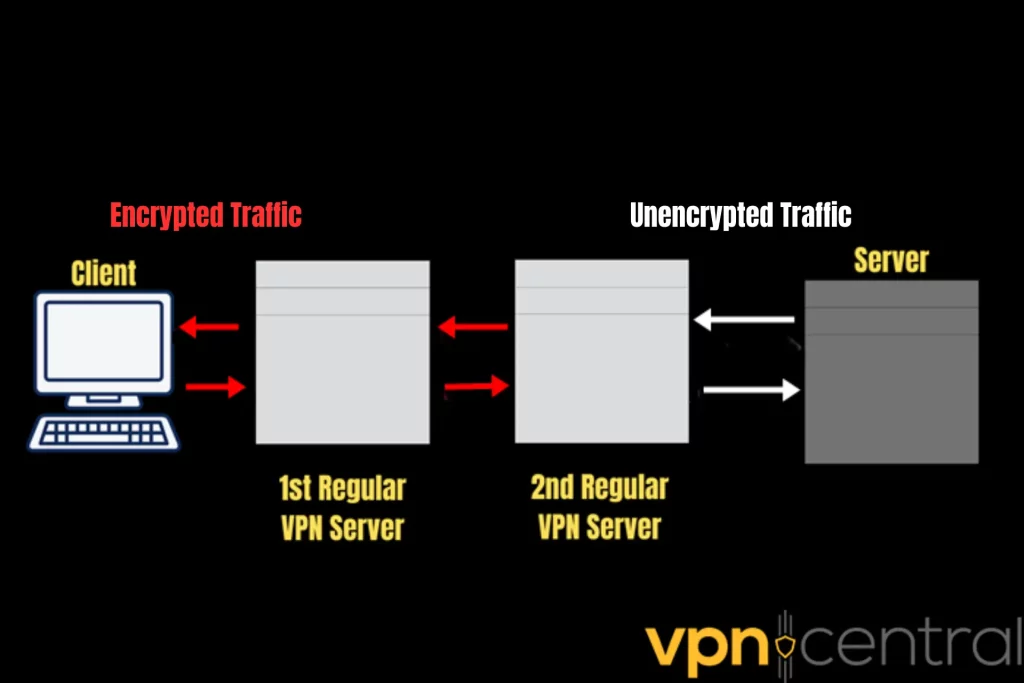
As you can see, your traffic is rerouted in a completely different manner within both systems. Now, let’s dive deeper into each one to get a better understanding of how they work.
P2P
To understand what P2P VPN servers are for, it’s important to wrap your head around how peer-to-peer (P2P) networks work.
Here’s a brief explainer:
A P2P network is decentralized. This means it allows multiple devices to send and receive data from one another without relying on a central server. It’s the opposite of the traditional centralized client-server network where end-user devices (clients) can only request and obtain data from the server.
If you join a P2P network, you’ll essentially be sharing your device’s resources with other participants (peers) for the benefit of the whole network. To hide your IP and encrypt your traffic for cybersecurity reasons, you can connect to a VPN first.
Constantly exchanging information with countless other devices over the internet can be bandwidth-intensive. And regular VPN servers often struggle to handle such an activity. That’s why your VPN vendor might deliberately reduce the amount of bandwidth you can use or disconnect you from its network outright.
This is where P2P VPN servers come in. They’re optimized for P2P networking tasks such as file sharing and gaming, usually coming with no bandwidth restrictions.
Since P2P VPN service providers label them as such, only P2P users generally connect to them. So those who want to browse the Web, stream, or play games likely choose other pieces of VPN hardware to reroute their internet connections.
The combination of these factors helps P2P VPN servers deliver high-level performance. They can provide faster download speeds since they’re optimized to manage resource-heavy P2P connections.
Double VPN
Double VPN is an advanced feature that routes your traffic to multiple VPN servers before sending it to its final destination. Also known as multihop or double hop, it buries your data under at least two levels of IP cloaking and encryption.
The goal of double VPN functionality is to increase your level of privacy and security further. Ordinary VPN users may find it excessive or unnecessary. However, it’s incredibly useful for journalists and whistleblowers who need to hide their identity and online activity.
More often than not, double VPN servers are married to each other. You can only choose from a list of predetermined pairs of hardware physically or virtually located in different countries or territories, which may not be on the same continent.
Considering that your data will have to make two stops instead of one before reaching its intended server, you can expect considerable speed loss.
Fortunately, some VPN companies have innovated this feature.
For example, Surfshark has launched Dynamic MultiHop, which enables you to select any two server locations on its global network. With unbridled freedom of choice, you can pick the servers nearest to you and minimize latency as much as possible.
P2P vs double VPN – which one is better?
P2P VPN servers are the better choice when you intend to run P2P apps while double VPN ones are more suitable when you want more privacy and security online.
Either of the two specialized VPN hardware types can outperform regular VPN servers in certain areas, but not without compromises.
Nevertheless, it’s good to have them at your disposal should you need more capabilities from your VPN.
Read our disclosure page to find out how can you help VPNCentral sustain the editorial team Read more


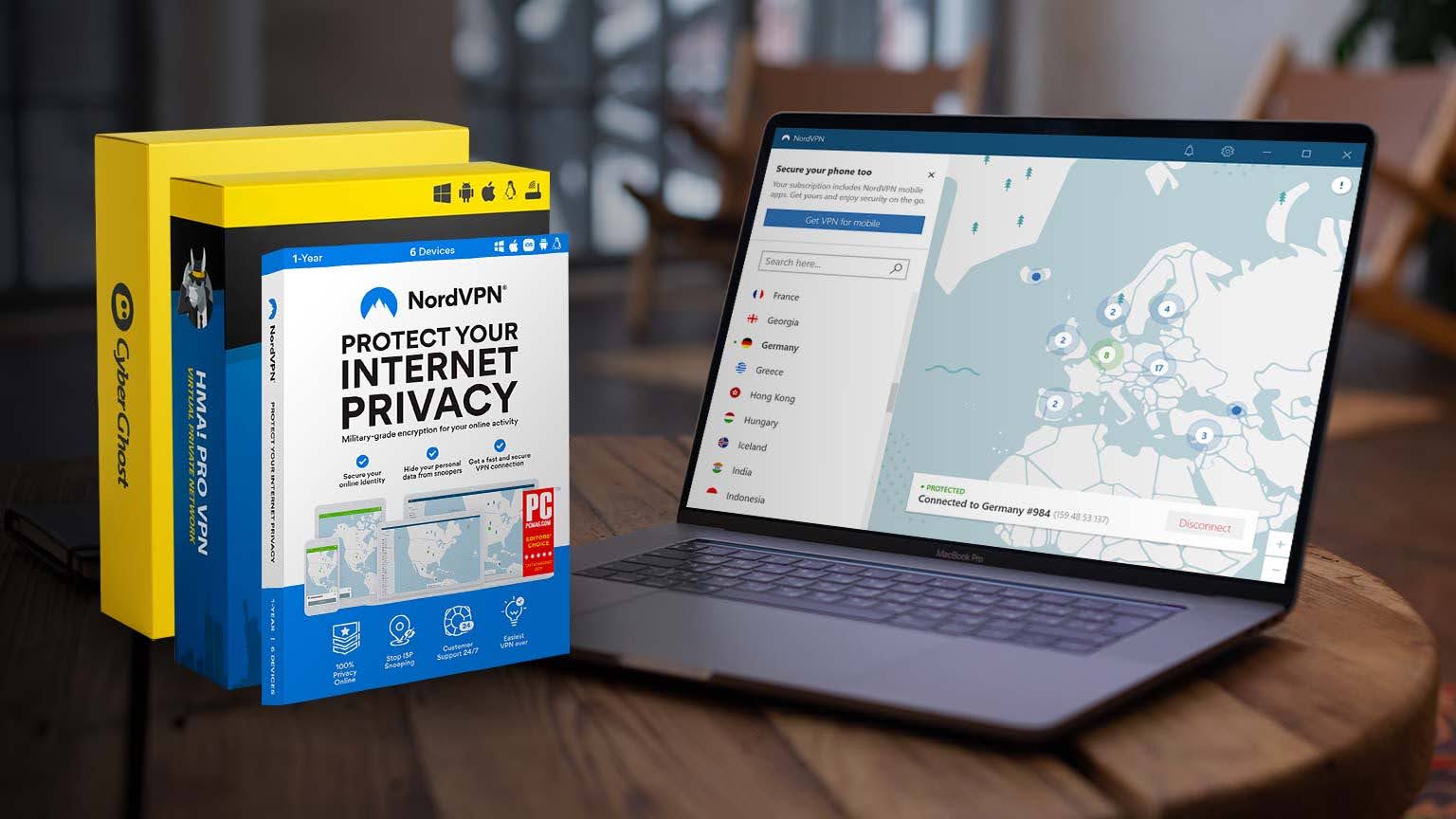


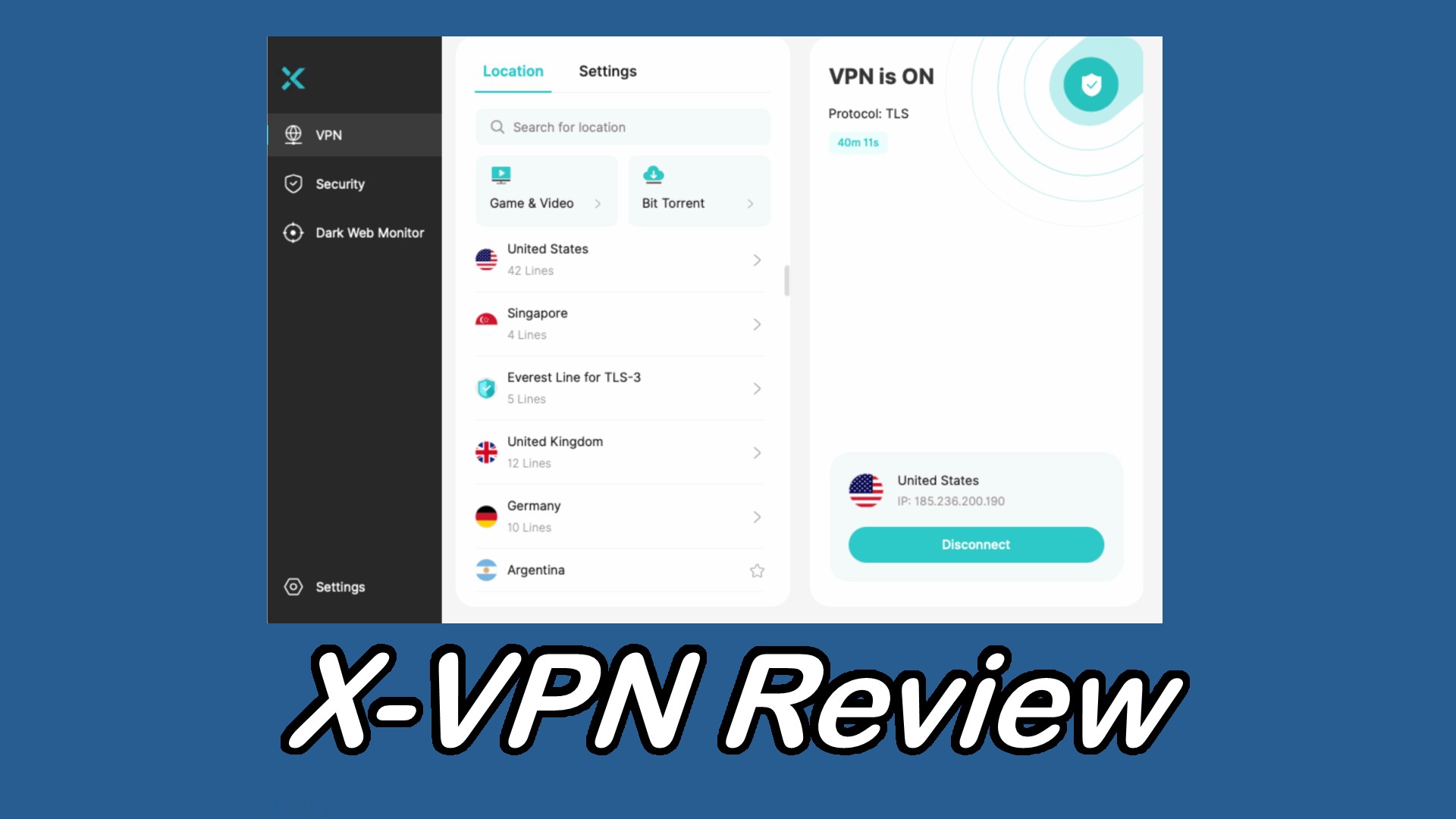
User forum
0 messages